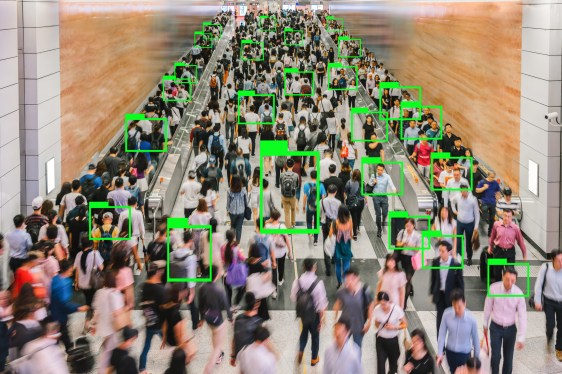On December 27, 2024, a group of well-known AI ethicists published a rebuttal to the recent open letter advocating for a six-month pause on AI development. The counterpoint, written by Timnit Gebru, Emily M. Bender, Angelina McMillan-Major, and Margaret Mitchell, highlights the failure of the original letter to address existing problems caused by the misuse of AI technology.
The Original Letter: A Six-Month Pause
The Future of Life Institute’s open letter, signed by prominent individuals such as Steve Wozniak and Elon Musk, proposed a pause on the development of AI models like GPT-4. The letter cited concerns over "loss of control of our civilization" and other hypothetical future threats.
A Focus on Hypothetical Risks
However, the counterpoint authors argue that the original letter’s focus on hypothetical risks is misplaced. They contend that existing problems caused by AI misuse are being ignored. The authors cite worker exploitation, data theft, synthetic media that reinforces existing power structures, and the concentration of power in fewer hands as examples of real harms.
A Red Herring: Worker Exploitation and Data Theft
The counterpoint authors argue that concerns over a Terminator- or Matrix-esque robot apocalypse are a red herring. They point out that companies like Clearview AI are being used by law enforcement to frame innocent individuals, rendering the need for regulation of future AI threats unnecessary.
Ring Cams and Online Warrant Factories
The DAIR crew emphasizes that action must be taken now to address today’s problems with remedies available. They advocate for regulation that enforces transparency in AI development, including clear documentation and disclosure of training data and model architectures.
Holding Companies Accountable
The authors argue that companies building generative systems should be held accountable for the outputs produced by their products. This means making builders of these systems responsible for creating tools that are safe to use.
Regulation as a Solution
The DAIR crew suggests that regulation is necessary to protect people’s rights and interests. They contend that the current rush towards ever-larger "AI experiments" is driven by profit motives, rather than any predetermined path.
Shaping Corporate Actions through Regulation
The authors emphasize that corporate actions should be shaped by regulation that prioritizes human well-being over profit. This means creating a framework that requires companies to prioritize transparency and accountability in AI development.
Focusing on Present Threats
The counterpoint authors argue that the focus of concern should not be imaginary "powerful digital minds." Instead, they recommend focusing on present exploitative practices by companies claiming to build them, which are rapidly centralizing power and increasing social inequities.
Jessica Matthews’ Perspective: Becoming the People Building AI
Uncharted Power founder Jessica Matthews echoed a sentiment at AfroTech in Seattle, stating that people should not be afraid of AI but rather the individuals building it. Her solution: become one of those individuals.
Engagement and Concerns about AI Risks
Despite the open letter’s failure to prompt major companies to pause their research efforts, it is clear that concerns over AI risks are widespread across various segments of society. However, if these entities won’t take action voluntarily, perhaps regulation can encourage them to do so.
A Necessary Step: Addressing Present Threats
The DAIR crew’s counterpoint emphasizes the need for immediate attention to present threats caused by AI misuse. They argue that this is a necessary step towards creating a more just and equitable future where technology serves humanity’s best interests.
In conclusion, the DAIR crew’s rebuttal highlights the importance of addressing existing problems caused by AI misuse. By focusing on transparency, accountability, and regulation, they provide a clear path forward for responsible AI development that prioritizes human well-being over profit.




